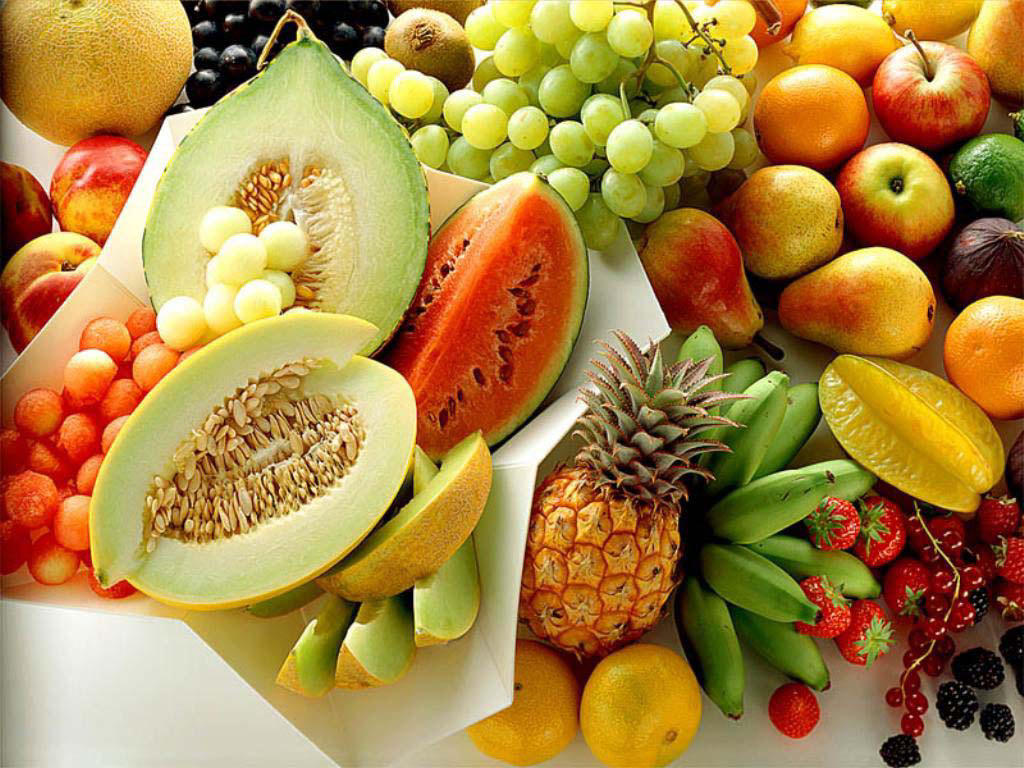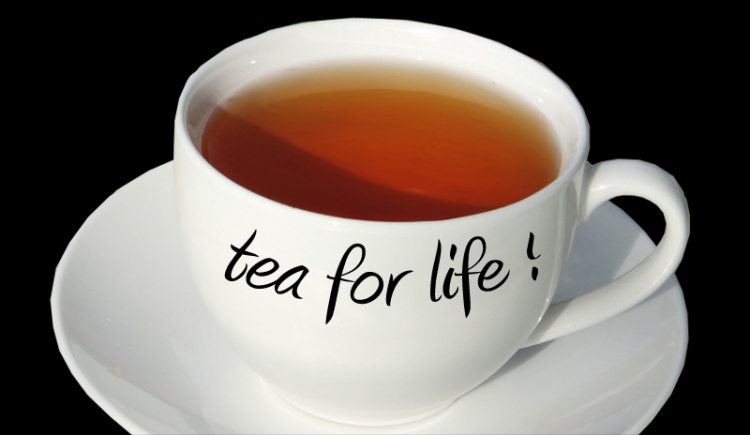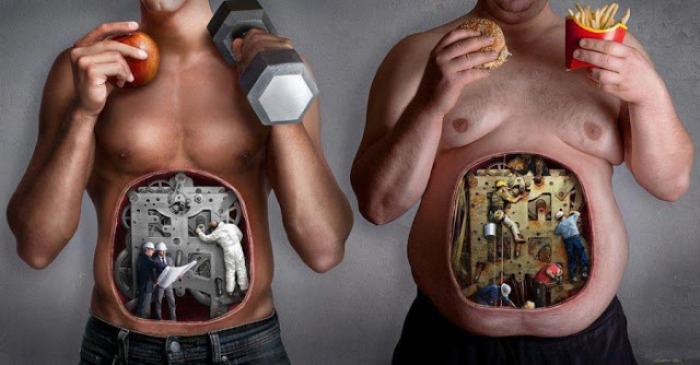A number of steps can be taken by individuals who have the desire to reduce weight. Majorly they include the eating of healthy diets that help in reducing the amount of calorie intake. However, besides these there are also the performances of exercises that help these individuals to reduce the amounts of fats deposited in various unwanted areas. In relation to the eating of healthy diets, reducing weight or the loss of weight does not always involve the use of special diets. Mainly, it just involves the eating of normal food but in a healthy manner that includes portions, appropriate preparation methods and proper combinations of these foods. As such, weight loss can be achieved at any time of the day and at whatever mealtime. These include breakfast, dinner, supper and lunch time as well as during snacks that are taken between meals. Several rules are thus involved with the use of normal foods during such periods to ensure that the wish towards weight loss is achieved. Every individual who wants this should ensure that they are taking the right steps to lose or maintain weight.
Breakfast is a Special Meal Among all the other meals, breakfast is considered as the heaviest meal that an individual should take in the course of the day. It is also known to be the most important meal of the day. This is because it is taken after a long duration of rest whereby the body has been actively participating in breaking down and absorption of the meal taken at night before bed time. Thus, people are known to be the hungriest in the morning. Owing to these reasons, a major challenge is normally presented to those who are making attempts towards weight control to achieve it while taking this morning meals. It is because of this that rules for weight control are placed for this particular diet. These are quite different from those of other meal times as a result of the difference in the circumstances involved. Some of these important rules include the
5 Breakfast Rules that You Should not Break Such As:
1. Consider to Eat at Least 8 Grams of Fiber
This means that you should consider aiming towards eating to your filling. You should try as much as possible to avoid foods that are likely to lead to mid morning crash. Instead, you can eat meals that are full of nutrients that get digested slowly and enable you to keep satisfied throughout the day.
2. Eat the Food As Soon As Possible
According to research, eating breakfast acts as the jump start of your metabolic system. It assists to ensure that you do not feel starved later. With this you can avoid making the wrong diet choices during lunch and dinner. In order to take advantage of your body’s potential to burn fats, you are supposed to eat breakfast as soon as you wake up. In particular, you should eat your breakfast at least 1 hour after you wake up. It aids in the maintenance of circadian rhythm and boosts early metabolism that is significant to health.
3. Eat More Proteins and Less Sugar
Sugary substances may look and sound enticing for regular breakfast. As opposed to other foods, they have high calories and provide less energy. These include high protein such as eggs and whole grains that make you feel energized and full. Ensure that your breakfast does not contain a lot of sugar.
4. Consider the Portions
Breakfast should be big to assist you obtain your fill. However, it should not be overdone. The sizes of the servings offered during breakfast should be highly observed and the amounts of calories in them checked. At least, you should aim for about 350 calories.
5. Always take Your Breakfast
Skipping meals is never the best decision with regards to weight loss. This strategy is not appropriate especially when it comes to breakfast meals. Eating in the morning helps you to break and burn more calories throughout the day. Thus a solid meal in the morning helps you to feel full and eat fewer calories in the day.
Although there are those weight loss rules that you can break, others demand that they should be followed to the latter. These mainly include those ones provided for use during breakfast meals.
Related posts:
 وزن کم کرنے کا آسان مگر غذائیت سے بھرپورنسخہ
وزن کم کرنے کا آسان مگر غذائیت سے بھرپورنسخہ
 10 Benefits of Fasting That Will Surprise You
10 Benefits of Fasting That Will Surprise You
 Why it is Important to Eat Fruits?
Why it is Important to Eat Fruits?
 Nutritions for Kids: Guidelines for A Healthy Diet
Nutritions for Kids: Guidelines for A Healthy Diet
 Top Reasons to Exercise in the Morning
Top Reasons to Exercise in the Morning
 Types of Tea and Their Health Benefits
Types of Tea and Their Health Benefits
 10 Reasons Junk Food is Bad for Your Health
10 Reasons Junk Food is Bad for Your Health
 Tips To Prevent Spring Allergies
Tips To Prevent Spring Allergies
 ورزش کیلئے چند اہم ہدایات
ورزش کیلئے چند اہم ہدایات
 5 Best Foods for Building Muscles
5 Best Foods for Building Muscles
 Guide to Healthy Fasting During Ramadan
Guide to Healthy Fasting During Ramadan
 Healthy Ramadan Meal Plan
Healthy Ramadan Meal Plan






